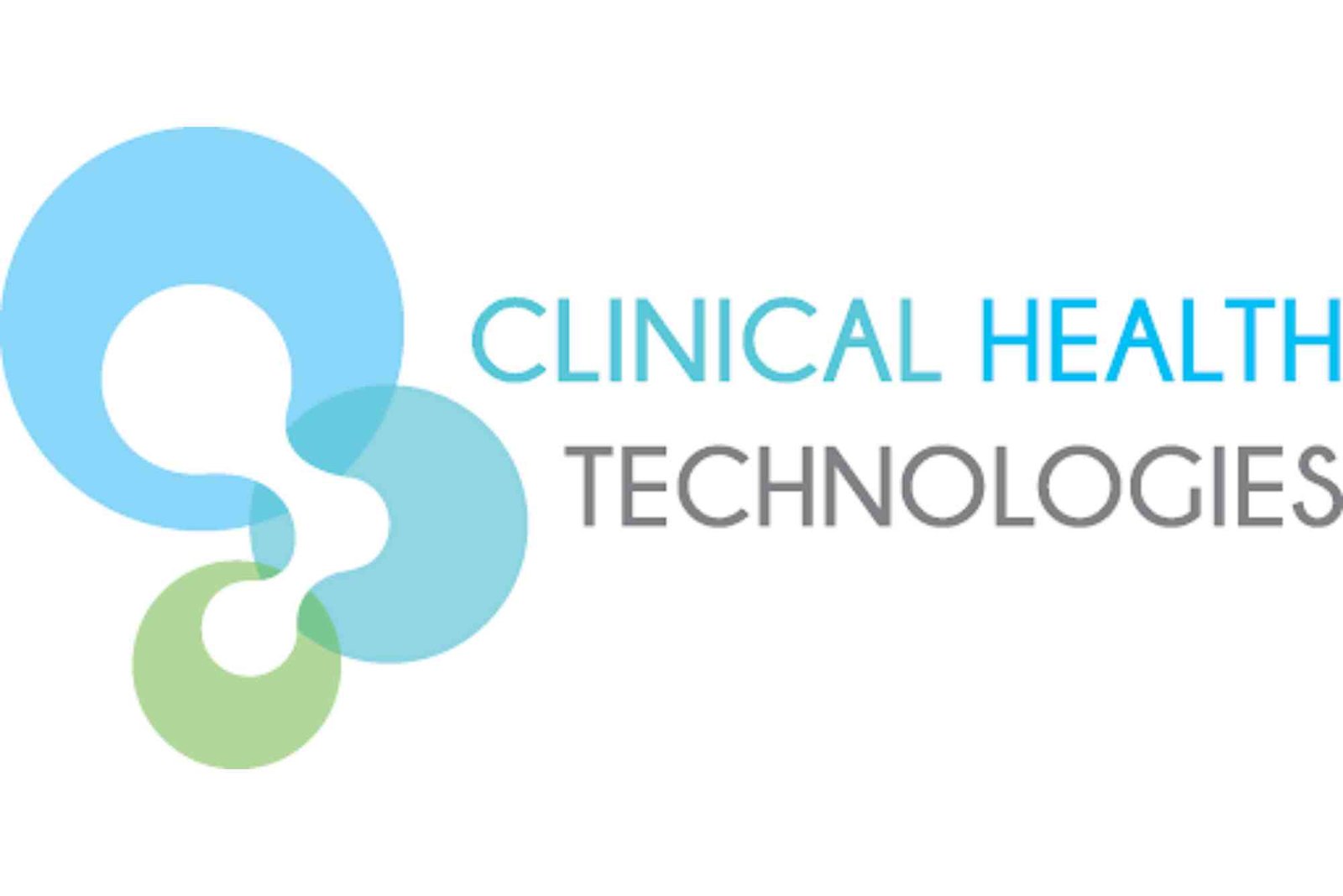Clinical Health Technologies: Shaping the Future of Healthcare
Advancements in clinical health technologies are transforming the healthcare landscape. These innovations are redefining the ways patients receive care, streamlining processes, and enhancing treatment outcomes. From telemedicine to wearable health monitors, the integration of cutting-edge technology ensures that healthcare is more accessible, efficient, and personalized.
The Evolution of Clinical Health Technologies
Healthcare technologies have evolved significantly, progressing from simple diagnostic tools to sophisticated systems powered by artificial intelligence. This transformation addresses critical challenges, including patient monitoring, diagnostics, and treatment planning, making healthcare more effective and responsive.
Key Innovations in Clinical Health Technologies
Telemedicine and Remote Care
Telemedicine eliminates geographical barriers, allowing patients to consult with healthcare providers from anywhere. By utilizing video consultations, mobile health apps, and real-time communication, telemedicine delivers convenience and expands access to quality care.
Artificial Intelligence in Diagnostics
AI enhances accuracy in diagnosing diseases. Machine learning algorithms analyze vast amounts of patient data to identify patterns, enabling early detection and better treatment planning.
Wearable Health Devices
Wearables such as fitness trackers and smartwatches empower individuals to monitor their health. These devices track vital signs, provide insights, and even alert users to potential health concerns.
Electronic Health Records (EHRs)
EHRs improve data management by centralizing patient information. They facilitate seamless communication among healthcare providers, ensuring coordinated and effective care.
Robotics in Surgery
Surgical robots offer precision and reduce recovery times. These technologies assist surgeons in performing minimally invasive procedures with greater accuracy.
Benefits of Clinical Health Technologies
- Improved Accessibility: Patients in remote areas can access quality care.
- Personalized Treatments: Technologies enable customized healthcare based on individual needs.
- Efficiency in Processes: Automation reduces administrative burdens and enhances productivity.
- Enhanced Patient Engagement: Tools like apps and wearables encourage proactive health management.
Challenges and Opportunities
Despite their potential, clinical health technologies face challenges such as high costs, data security concerns, and the need for proper training. However, ongoing research and innovation present opportunities to overcome these hurdles and make these technologies universally accessible.
FAQs: Clinical Health Technologies
What are clinical health technologies?
They refer to advanced tools and systems used in healthcare to improve diagnostics, treatments, and patient management.
How does AI benefit clinical health?
AI improves diagnostic accuracy, enhances patient data analysis, and aids in personalized treatment planning.
Are wearable health devices reliable?
Yes, modern wearable devices are designed to provide accurate data and support proactive health monitoring.
What is the future of clinical health technologies?
The future holds more AI-driven innovations, expanded telemedicine services, and improved accessibility to healthcare globally.
Clinical health technologies continue to revolutionize the healthcare industry, paving the way for a more efficient and patient-focused system. As advancements unfold, they promise to create a healthier, more connected world.




